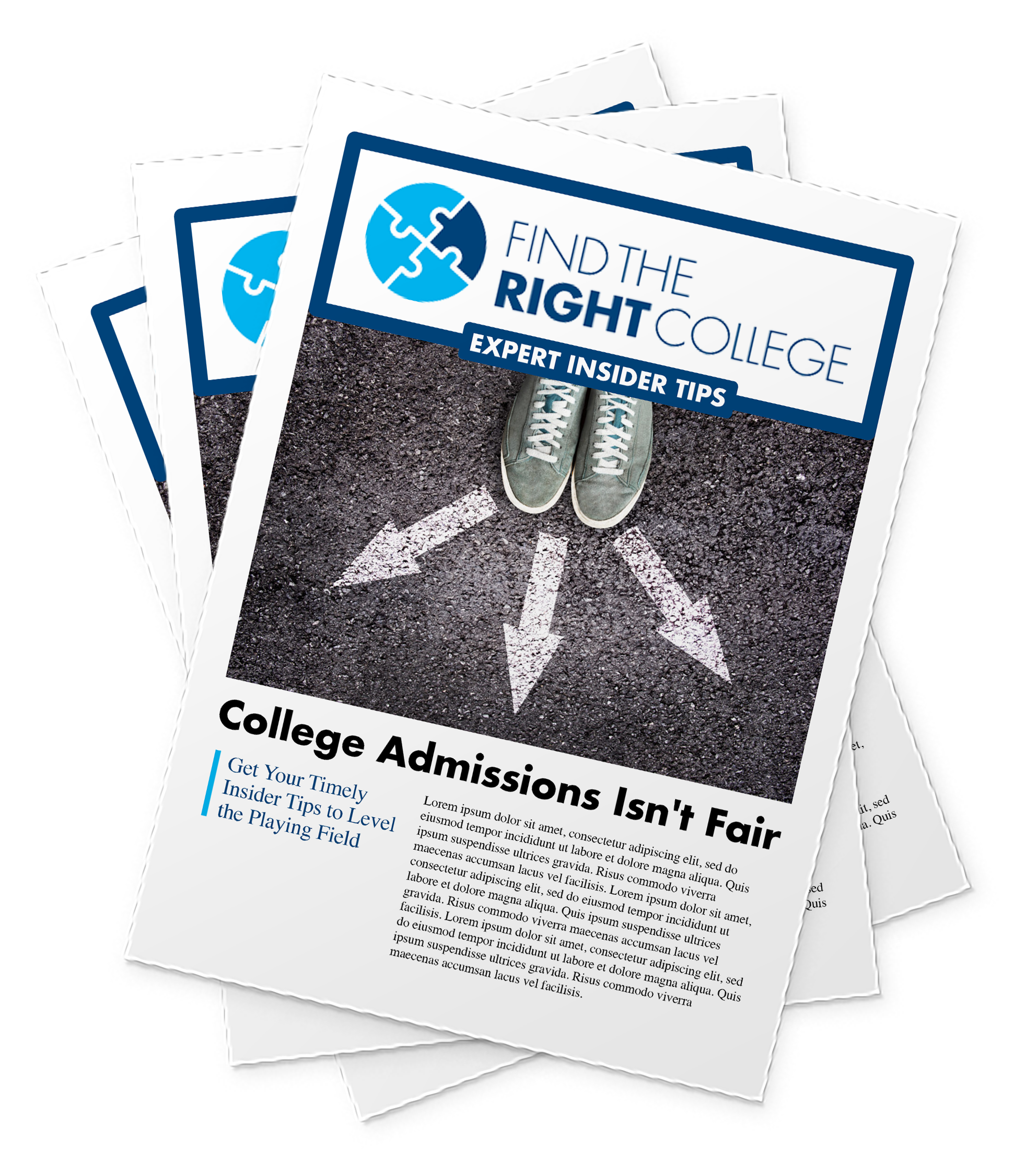The summer before junior year is a pivotal moment in the college admissions journey. If you’re the parent of a high school student, please know this is the ideal window to determine whether the SAT or ACT is the better fit-and to kick off your teen’s test preparation in earnest. Even in a world where many colleges have test-optional admissions, every student should plan to take standardized tests to maximize their options. Here’s why this timing matters and how it can set your teen up for success.
Why Decide in the Summer?
- SAT vs. ACT: Both exams are widely accepted by colleges; neither offers an admissions advantage over the other. However, the tests differ in format and pacing, and most students find they have a preference for one format once they try both.
- Summer Advantage: The summer before junior year gives your teen the time and mental space to take diagnostic practice tests for both exams and see which one they prefer.
- Focused Prep: Making this decision before school starts allows you to focus your prep on just one test, saving valuable time and money.
Why Every Student Should Take Standardized Tests
- Test-Optional Isn’t Test-Blind: While many colleges are test-optional, very few are test-blind. Submitting strong SAT or ACT scores can strengthen your application, especially at selective schools or if you want to stand out in a competitive applicant pool.
- Scholarships and Honors Programs: Many merit scholarships and honors programs still lean heavily on test scores, even at test-optional schools.
- Flexible Applications: Having scores gives you more options. If you do well, you can submit them to colleges where they’ll help your application. If not, you can choose not to send them.
- State and NCAA Requirements: Some state universities and athletic programs still require standardized test scores for admission or eligibility.
Start Test Prep in the Summer - Early Prep, Less Stress: Once you’ve identified your teeen’s preferred test, the summer is the perfect time to begin structured preparation. With fewer distractions, your student can build foundational skills and address any academic gaps before the junior year ramps up.
- First Test, Early Fall: Starting early means you can aim to take your first official SAT or ACT in the early fall of junior year before your academic schedule intensifies.
The Benefits of an Early Testing Timeline
- Multiple Opportunities: By beginning this process in the summer and taking your first test in early fall, your student will have multiple opportunities to retake your preferred exam and improve your score. The goal is to complete all standardized testing by July after your junior year, which is realistic if you map out three test dates between fall and the following summer.
- Early Applications: This schedule is especially important if you plan to apply to colleges through Early Decision (ED) or Early Action (EA), as most of these deadlines fall in early in senior year. Finishing your testing earlier ensures that your teen’s best scores are ready to submit with your early applications, which provides an admissions advantage.
Mapping Out Your Testing Path: A Sample Timeline
| Step | Timing | Purpose |
| Take diagnostic ACT & SAT | Early summer before JR year | Identify your stronger test |
| Begin focused prep | Early to Mid Summer | Build skills |
| Take first test | August/September JR year | Establish baseline score |
| Retake as needed | Winter/Spring | Improve score |
| Final test | Early Summer | Last chance |
Key Takeaways
- Start Early: The summer before junior year is the best time to figure out your SAT vs. ACT preference and start test prep.
- Test Anyway: Even with test-optional policies, taking standardized tests keeps all your options open and can strengthen your application.
- Maximize Your Timeline: An early start allows you to take your first test in the early fall, leaving plenty of time for retakes and score improvements before college application deadlines.
- Finish Strong: Completing all your testing by the July after junior year puts you in the best position to apply for Early Decision or Early Action at your top-choice colleges, with your strongest scores in hand.
By planning ahead and using the summer wisely, you can reduce stress, maximize your scores, and keep your teen’s senior year focused on applications and academics-not last-minute test prep. And remember: even if a college says scores are optional, having them in your toolkit can help a great deal.
Fitz has dedicated the entirety of his 28 year career to encouraging higher education opportunities. He worked in the Vanderbilt, Duke Law and St. Lawrence admissions offices prior to serving as an enrollment management consultant for 200+ selective colleges around the country. He created Find The Right College to make trustworthy college counseling more accessible. Fitz is also the father of two teens so he also understands first-hand the challenges associated with a college search.



